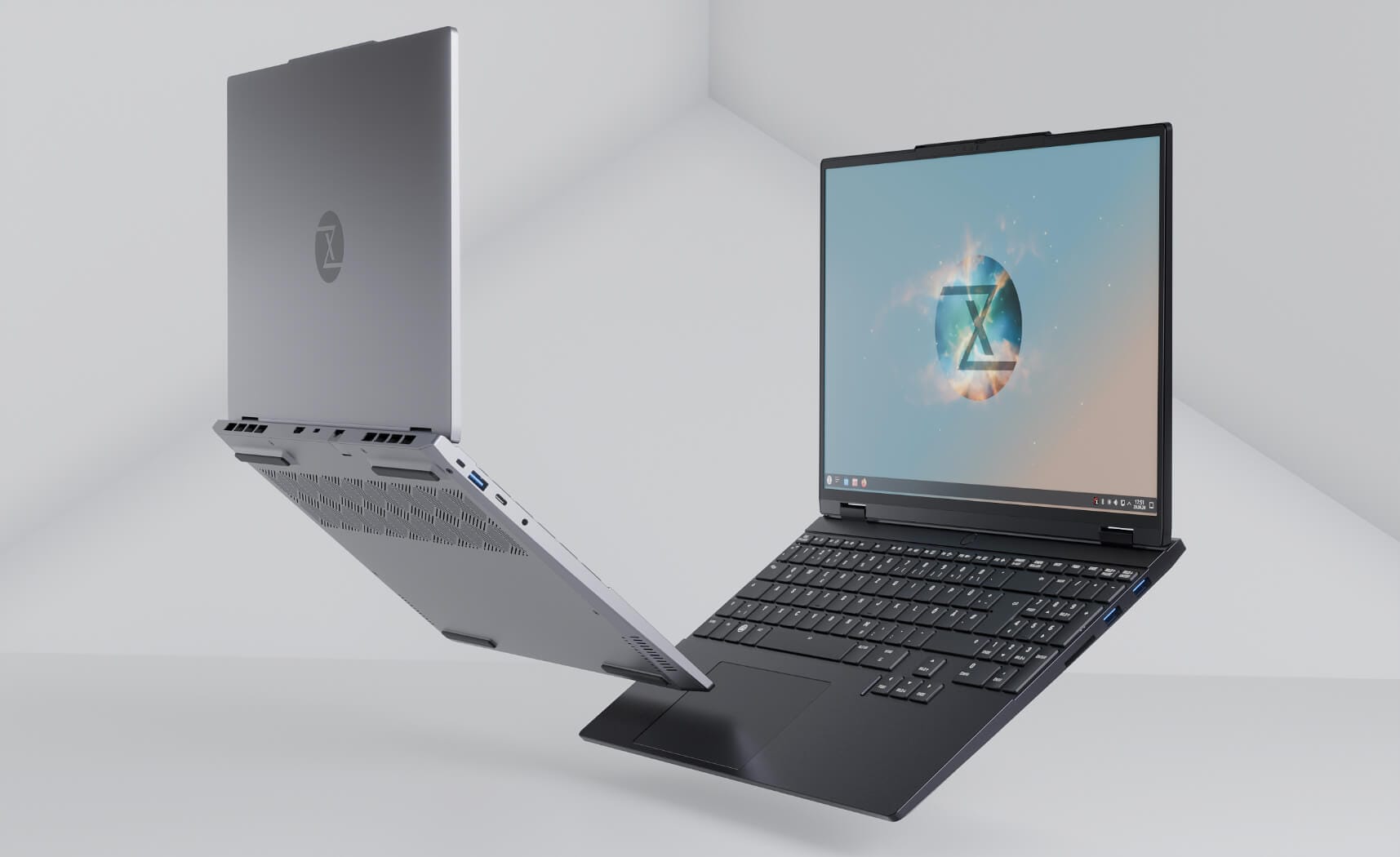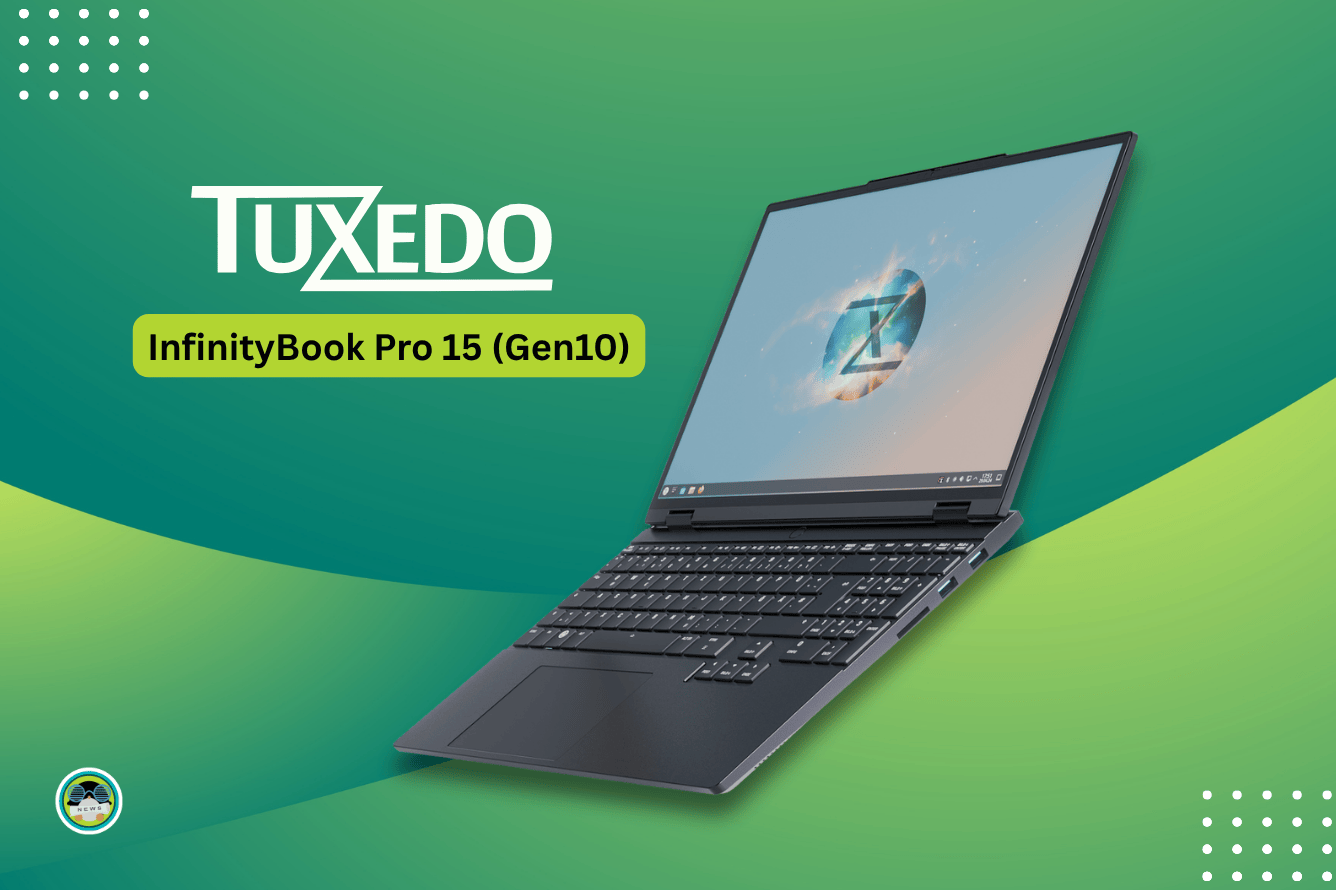
TUXEDO Computers specializes in Linux-first hardware, recently launching the InfinityBook Max 15 (Gen10) with AMD Ryzen AI 300 processors. The German manufacturer has built a reputation for well-built Linux systems that work reliably.
However, 18 months of work on an ARM-powered notebook has come to an abrupt halt. The company announced that it is shelving its Snapdragon X Elite laptop project.
A Tricky SoC Architecture

The notebook was built around Qualcomm's Snapdragon X Elite (X1E) SoC. TUXEDO faced numerous technical roadblocks that prevented a viable Linux experience. KVM virtualization support was missing entirely on their model. This eliminated a critical feature for developers and power users who rely on virtual machines.
USB4 ports failed to deliver the high transfer rates expected from the specification. Fan control through standard Linux interfaces proved impossible to implement. BIOS updates under Linux presented another problem.
Battery life fell far short of expectations. The long runtimes ARM devices typically achieve under Windows never materialized on Linux. Video hardware decoding exists at the chip level. However, most Linux applications lack support to utilize it, making the feature essentially useless.
Some Hope for the Future
TUXEDO Computers is open to the possibility of this work being carried over. If the newer Snapdragon X2 Elite (X2E) proves more suitable, development may resume. The X2E chip launches in the first half of 2026, and reusing a significant portion of existing work would make the project viable again.
Nonetheless, they will be contributing the device tree and other related work they developed to the mainline kernel, improving Linux support for many devices.
Suggested Read 📖




